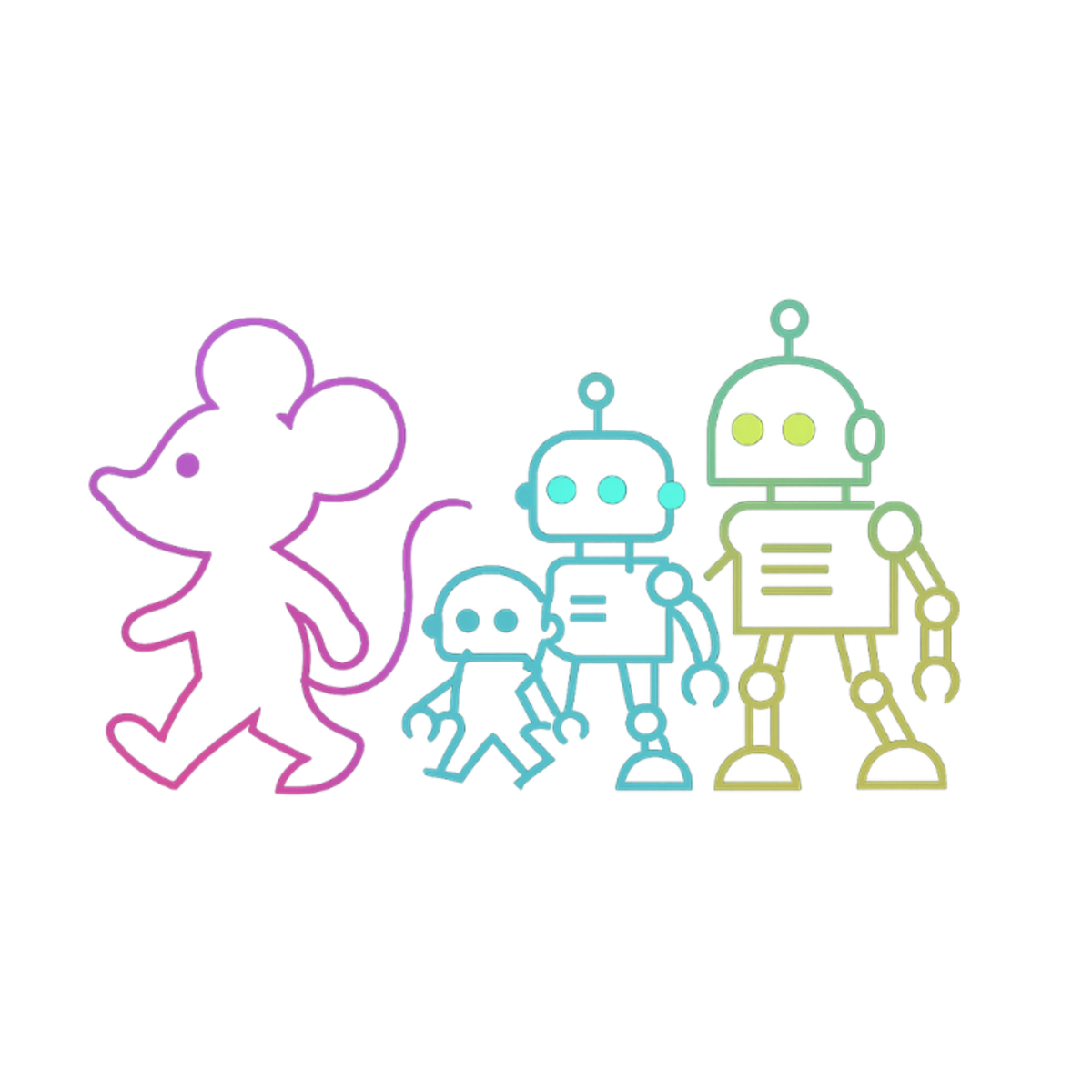Artificial intelligence is no longer confined to tech giants and startups. It now powers demand for talent in every corner of the global economy. From finance and health care to retail and manufacturing, companies are battling to hire AI professionals at breakneck speed.
Employers are hiring more data scientists, machine learning engineers, ethics stewards, and AI policy advisors than ever. A surge in corporate demand, especially from sectors like banking and retail, is fueling a hiring wave that shows no signs of slowing.
What’s Driving the Surge
According to PwC’s 2025 Global AI Jobs Barometer, job listings that mention AI skills have surged across industries, rising over 50 percent in early 2025 alone. Wages in AI exposed sectors are growing twice as fast as those in less exposed roles, even in jobs considered highly automatable. AI fluency is becoming a baseline requirement for roles ranging from marketing to code review.
Labor market platforms show job postings related to generative AI rising from around 3 800 in 2010 to more than 80 000 in 2025. Veritone reports over 25 percent growth in AI jobs in US markets during Q1 2025, with salaries averaging nearly $157 000. Meanwhile, top banks like JPMorgan and Wells Fargo increased AI hiring by over 13 percent in six months, focusing on roles to automate investment, support, and back office workflows.
Jobs Growing Fast and New Roles Emerging
The World Economic Forum predicts that 170 million new roles will appear this decade as part of global tech and AI driven trends. Companies now require skills formerly considered niche, prompt engineering, AI explainability, computer vision, zero trust identity management, data bias audit, model governance, all upending hiring norms. Estate planning lawyers, logistics supervisors, health care coordinators, just about every sector is redefining jobs through an AI lens.
Real Impacts Behind the Numbers
The rise in AI hiring is more than numbers, it is changing work. PwC data shows that wage increases are steeper for AI exposed roles. An MIT Stanford study found that demand for complementary human skills like judgment, ethics, and digital literacy now outpaces traditional substitute tasks by up to 50 percent. Employers are less focused on formal degrees and more on hands on AI experience and results.
Even jobs once thought to be safe from automation, human resource coordinators, financial advisers, creative team leads, are evolving. AI is enabling higher value work, shorter task cycles, and new layers of intelligence across systems.
Risks and Realities
This momentum comes with contradiction. While AI job postings skyrocket, graduate level entry roles in administrative and managerial tracks have dropped sharply. Experts warn of disruption in entry level white collar markets. Sam Altman and Anthropic’s leadership have predicted that AI could eliminate up to half of entry level roles in areas like customer support and data entry.
Still, most enterprises expect human AI collaboration, not pure replacement. The dominant trend is augmentation, not elimination, as humans work alongside intelligent systems.
Why This Matters for Businesses and Builders
If your company builds AI tools, infrastructure, or platforms you are squarely in the high growth zone. This is not niche. Hiring expectations now include AI engineering, ethical AI oversight, data pipeline management, and model deployment expertise.
AI talent is reshaping budgets and strategy. If you deliver tools for AI compliance, identity control, or vertical models expect enterprise demand to continue rising. Customer success roles will lean heavily on AI literacy. Boardrooms will expect AI fluency in leadership.
Your Now Game Plan
If you lead hiring start mapping current gaps. Prioritize talent with AI domain experience, strong data skills, or AI ethics competence. Look beyond degrees and lean into skills assessments and portfolio reviews.
If you build products start structuring roles to support AI augmentation partners, not just support tools. Add agentic assistants, model explainers, and runtime feedback loops.
And leaders should ensure their teams speak AI. Whether finance, health, or logistics, AI fluency will no longer be optional, it will drive differentiation, resilience, and scale in the years ahead.
🗞️ Sources
https://www.pwc.com/gx/en/issues/artificial-intelligence/job-barometer/2025/report.pdf
https://www.imf.org/-/media/Files/Publications/WP/2025/English/wpiea2025076-print-pdf.ashx
https://www.veritone.com/blog/ai-jobs-growth-q1-2025-labor-market-analysis/
https://www.reuters.com/business/retail-consumer/jpmorgan-wells-fargo-citi-ai-hiring-race-2025-05-
https://www.weforum.org/stories/2025/01/future-of-jobs-report-2025-jobs-of-the-future-and-the-skills-you-need-to-get-them/


